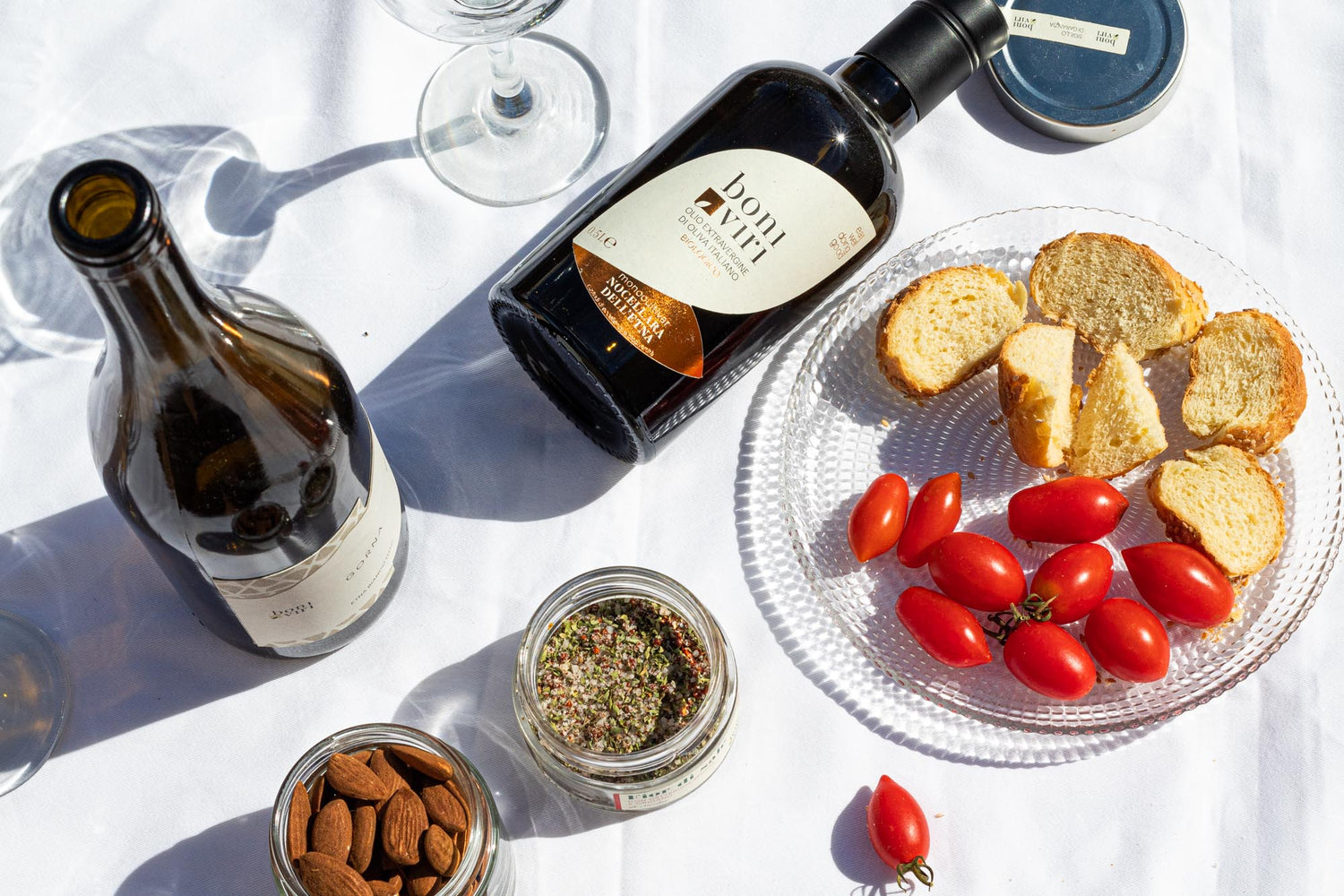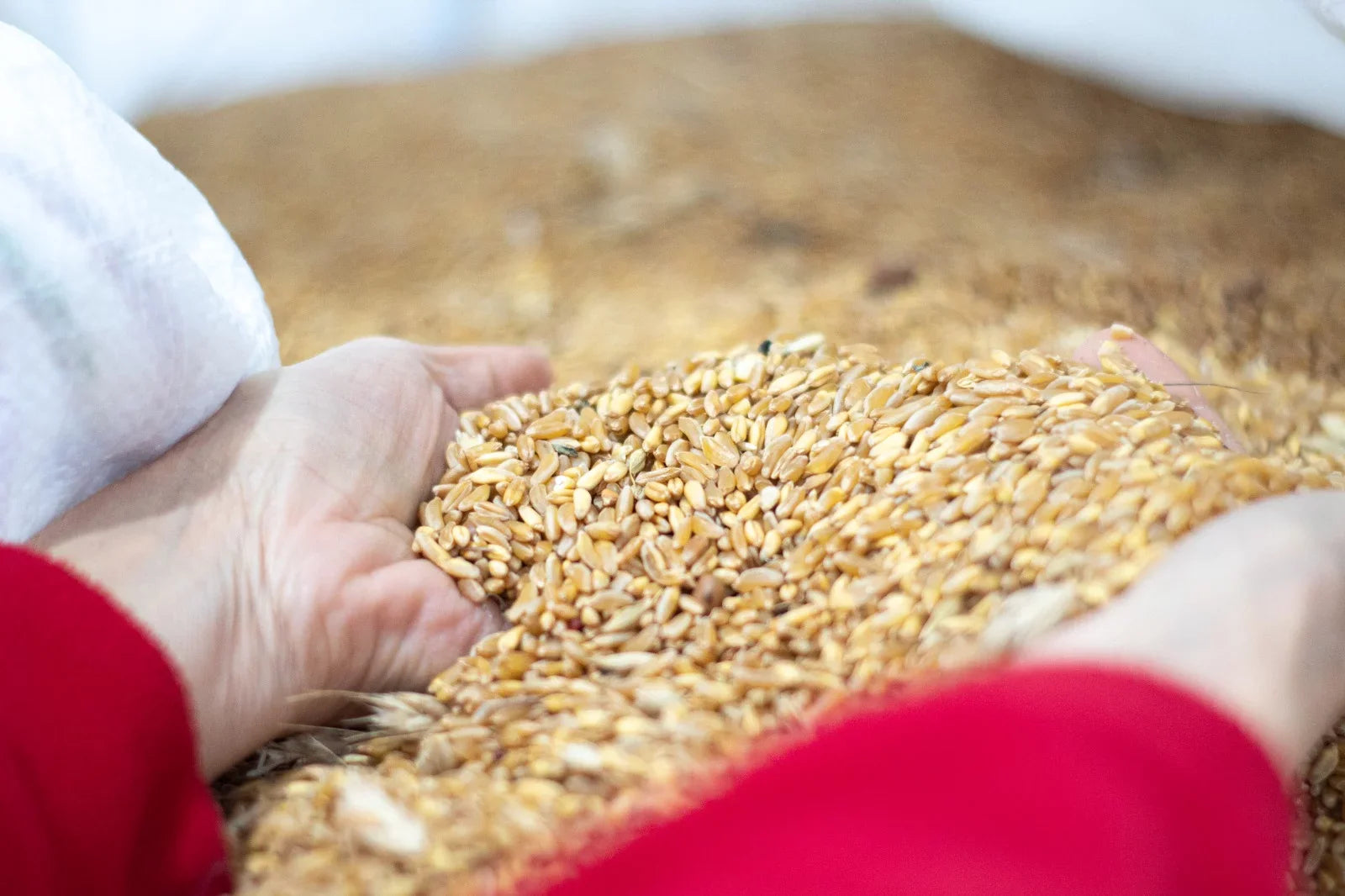February 8, 2023
The history of human civilization is a history of food. The relationship with some products has greatly influenced our habits, the social structure of our daily lives, the world economy and socio-political geography. There is, however, one ingredient that has had a particular impact on our world: wheat. The cultivation of wheat ended up pushing the first human societies to more complex forms of organization: the first farmers developed systems of canals to extend the crop, built cities near the wheat fields and built walls to protect the year's harvest. Wheat, therefore, acquired the meaning of fertility and abundance: if a country possessed wheat it was automatically considered prosperous.
Throughout history, wheat has taken on different uses, adapting to global economic trends and the transition from small-scale, strictly local cultivation to industrialization processes. This historical moment, which can be traced back to the mid-twentieth century, is called the Green Revolution, or the process that changed agricultural production to meet the needs of the food industry and growing market demands. Tired of zero-mile cultivation, the idea of globalized food production was spreading, indifferent to the needs of the land or its inhabitants. The Green Revolution brought with it numerous advantages, but also many disadvantages: the massive use of fertilizers and pesticides, the loss of biodiversity and the standardization of flavors.
In this context, Sicily stands out as the custodian of a rich variety of ancient native grains. The region, once called “the granary of Rome”, boasts 52 varieties of ancient grains, grown in different areas of the island. These grains, such as Timilia, Russello, Perciasacchi and Maiorca, are characterized by a low gluten content, a high protein value and greater digestibility compared to modern varieties. Furthermore, their cultivation takes place in an environmentally friendly way, without the use of pesticides or chemical fertilizers.
The rediscovery and valorization of ancient Sicilian grains represent an opportunity to promote sustainable agriculture, preserve biodiversity and rediscover authentic flavors. Initiatives like those of Boniviri, which collaborate with small local producers, contribute to keeping this tradition alive and to offering high-quality products, respectful of the environment and the health of consumers.




